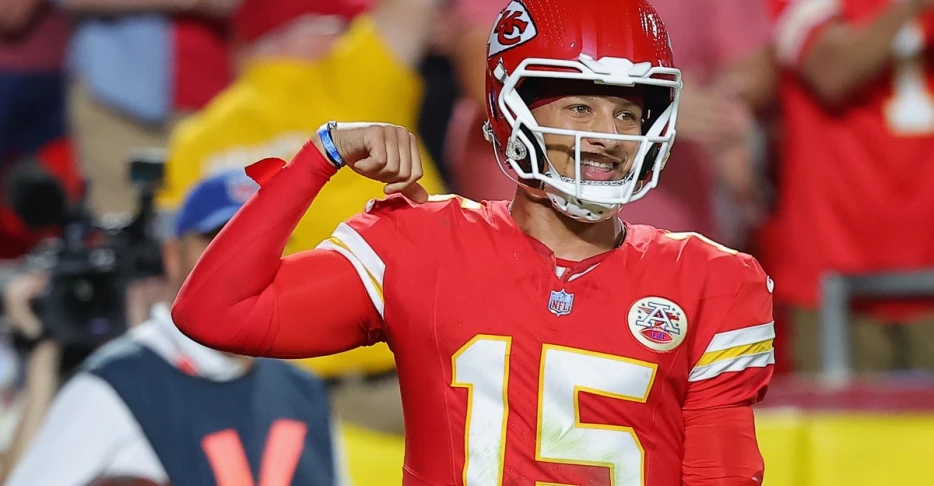
 Pride of Detroit
Pride of Detroit
If you’re a Detroit Lions fan looking for some vindication via officiating from the team’s Week 6 loss to the Kansas City Chiefs, you won’t find any after the NFL fines for the week were revealed.
Only two players were fined from the Lions/Chiefs game, and neither of them were from Kansas City. Lions defenders Alex Anzalone and Tyler Lacy were both fined for uncalled tripping infractions. Anzalone received a $12,172 fine, while Lacy was fined $5,722. Richard Silva of The Detroit News posted highlights of each penalty.
Some Lions fans believed the Chiefs should have been called for penalties that often come with a fine. For example, Chiefs quarterback Patrick Mahomes appears to spin the ball to and flex in Brian Branch’s direction after a touchdown, which could have been interpreted as taunting—a finable offense. Others argue that the ball spin wasn’t in Branch’s direction, his point towards the Lions defender was to signify the penalty was on Detroit, and the flex is his trademark celebration. You be the judge:
Additionally, some wondered whether Chiefs receiver JuJu Smith-Schuster would be fined for an uncalled block in the back that was the source of Branch’s frustration that led to a post-game fight. Per the NFL website, a blindside block comes with a $17,389 fine for a first offender. But Smith-Schuster did not receive a fine.
One reason the play may not have received a fine is because it may not meet the definition of a blindside block. Here’s the official rulebook on the penalty (bolded part my emphasis):
It is a foul if a player initiates a block when his path is toward or parallel to his own end line and makes forcible contact to his opponent with his helmet, forearm, or shoulder, unless the contact occurs in close-line play prior to the ball leaving that area. The ball is not considered to have left that area if the player who takes the snap, either from shotgun position or from under center, retreats in the pocket immediately or with slight delay, and hands the ball to another player, or runs with the ball himself during a designed play. Any forcible contact in close-line play is still subject to the restrictions for crackback and peel back blocks.
A “close-line play” is defined as contact between the tackles or three yards extended beyond the tackles. Again, you decide whether that was considered a close-line play.